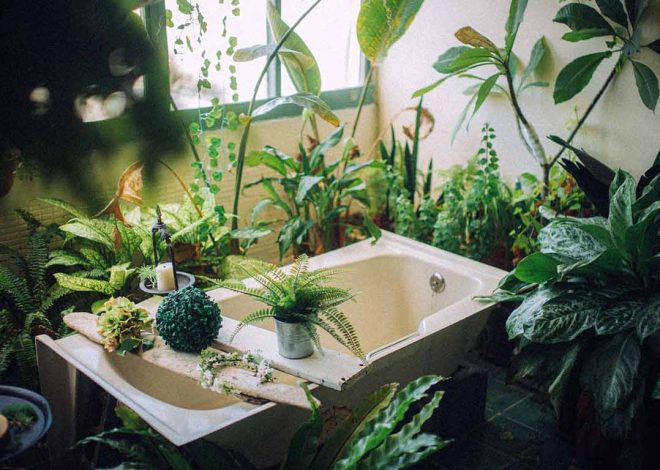Dumpster Haiku: Reflecting on the Beauty of Waste in Seventeen Syllables
The word “waste” conjures up thoughts of dirt and decay, yet beyond its surface lurks a surprising beauty. The ancient Japanese poetic style of haiku offers a fresh perspective from which to see the world, even its more overlooked and unremarkable aspects.
The three-line, seventeen-syllable haiku perfectly distills an experience into a lyrical image. This article introduces the genre of trash haiku, in which poets seek unusual sources for their verses.
They uncover the hidden beauty in the trash in poems that are short yet powerful, prompting readers to stop and consider the deep in the mundane. So, continue reading before you look for dumpster drop off and pickup near me.
The Art of Haiku
The Japanese haiku is a type of poetry lauded for its spare beauty. Haiku is a Japanese form of poetry that focuses on capturing a single moment, either in nature or in human experience, in three lines with a syllable pattern of 5-7-5.
Because of its limited length, careful word choice is essential if you want to express a certain feeling or paint a clear picture. When applied to the issue of garbage, haiku provides a unique viewpoint on things and settings that are often disregarded.
Poets who embrace the spirit of haiku draw attention to the fleeting nature of trash, the ephemeral nature of existence, and the possibility of rebirth.
Finding Beauty in Waste
The art of haiku flourishes when its practitioners can see the extraordinary in the mundane. This creative practice sheds light on the hidden value of trash bins and landfills, where many people would never think to look.
The Dumpster haiku examines the paradox of trash’s inherent attractiveness and the general public’s negative view of it. These poems make the disregarded and discarded into objects of lyrical adoration, from the worn wood of abandoned furniture to the dance of light on shattered glass.
Dumpster haiku supports a more environmentally conscious way of thinking by highlighting the aesthetic value of trash.
Dumpster Haiku Showcase
Here is an anthology of haikus using trash cans as its subject matter. Each poem provides a fresh viewpoint, succinctly conveying the essence of garbage. The rusty metal of a discarded bicycle, representing time and lost memories, may be the subject of a single haiku.
Another may highlight the vivid colors of trashed packaging to highlight the contrast between the fleeting nature of commercial culture and the permanence of the natural world.
This collection is meant to transport readers into the world of trash haiku, where they may fully appreciate the artistry and complexity of these little masterpieces of poetry.
Reflecting on the Meaning
Beyond the surface-level observation of waste, dumpster haiku conveys deeper meanings and symbolism. These poems are reflections on the transience of life and its repetitive patterns.
They serve as a constant reminder that even trash has a purpose in the world, whether via decomposition or reincarnation. Dumpster haiku prompts us to think on the effects of living in a consumerist culture.
It forces us to think about our environmental footprint and how we can better encourage sustainability by cutting down on trash.
Appreciating the Beauty Around Us
Dumpster haiku and dumpster drop off and pickup near me encourage us to change how we look at the world by celebrating the aesthetic value in discarded objects. It encourages us to slow down and take comfort in the little things that are often overlooked.
Haiku written about trash cans serve as a gentle reminder to take things slowly and enjoy the little things in life. With this understanding, we can forge stronger ties to nature and encourage an eco-friendlier way of life.
Conclusion
Garbage can haiku challenges us to rethink our connection to trash, elevating the mundane to the level of the sublime. These poems, albeit just seventeen syllables long, elevate the reader to a state of awe and amazement.
When we see the value in discards, we are more likely to examine our own purchasing habits and choose greener alternatives. Dumpster haiku is a great way to slow down, take stock, and appreciate the little things in life that are often neglected.
Join me on this literary adventure into the depths of garbage, where I guarantee you will find something beautiful.



